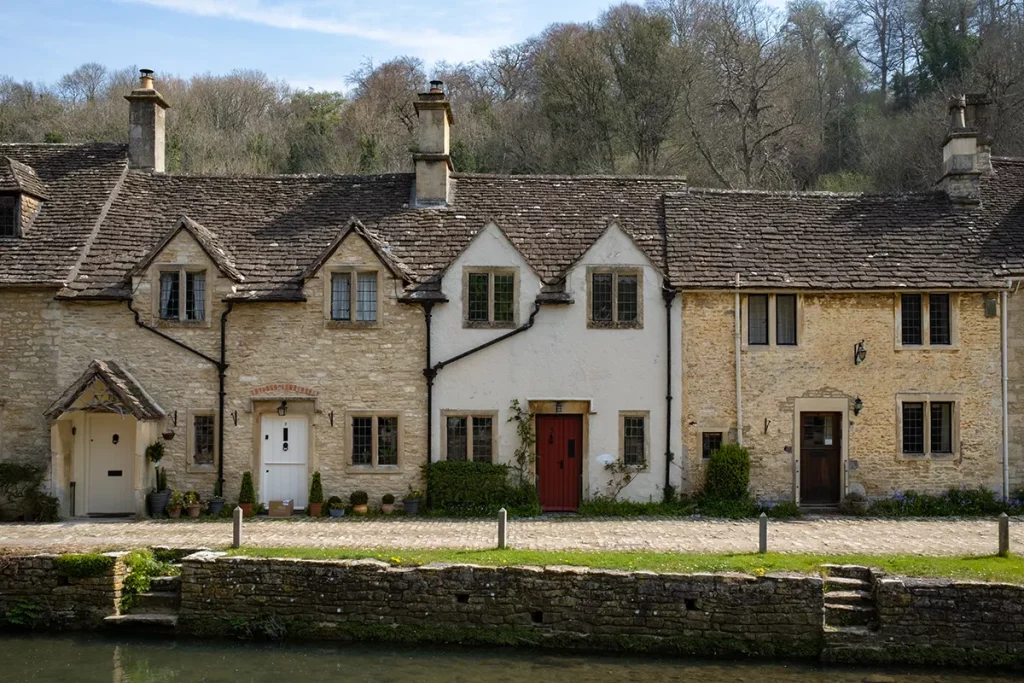A guide to gifting property

Property Gifting can be a tax efficient way to pass inheritance down a generation or two, not to mention helping children or
grandchildren on to the housing ladder. For property (be it a house, farm or land), here are some top tips to consider:
Is the property registered? Hampshire was one of the last areas to introduce compulsory first registration of land. Consequently, there are still properties which are not registered at HM Land Registry. As a matter of good legal housekeeping, it is sensible to ensure that property to be gifted is registered so that you and your family can deal with it more easily. This will provide comfort that the legal title is held on a central electronic register, rather than in paper deeds that could be lost or damaged over time.
Whole or part? If you are gifting the whole property, then the process can be straight-forward. However, if you wish to split up a property – perhaps a farm – so that you gift part of it to one child and part to another, then some thought needs to be given to the legal structure of the gift. Of particular importance is what rights and reservations each part of the property may need for independent occupation.
Do you wish to retain control of the gifted property going forward? Property can either be gifted outright to children and/or grandchildren or to a discretionary trust. The advantage of the former approach is simplicity. However, the property gifted is then vulnerable to the recipient’s own misfortunes, whether that be death, divorce or bankruptcy, and is no longer within your control. By contrast, a gift to trust of which you
remain one of at least two trustees, can be controlled, managed and protected by you for the benefit of your intended
recipients.
What are the tax implications? With any gift, it is important to consider the interplay between inheritance tax and capital gains tax on the transfer, as well as any stamp duty land tax (SDLT) and income tax implications. This is a complex area but can be worked through methodically to ensure the best result depending on your and your family’s personal circumstances.
Can you continue to benefit from the assets gifted away? This is a question often asked. In order for the gift to be effective for inheritance tax purposes, it is important that you do not reserve any benefit in the gifted property. This means paying market rent for your use of the property following the date of the gift. The implications vary, depending on how the gift is structured, which, once again, will be discussed with you in detail.
